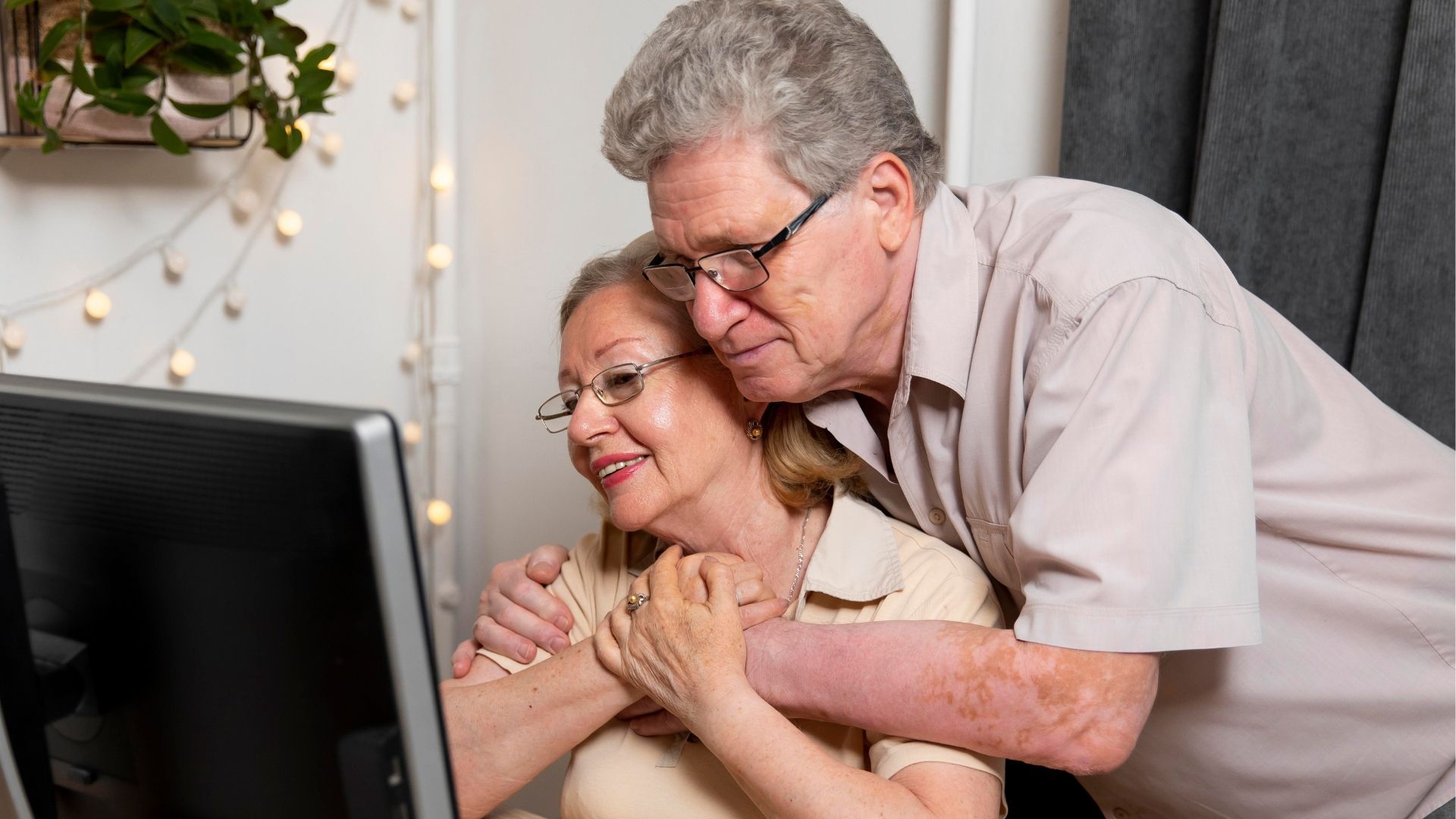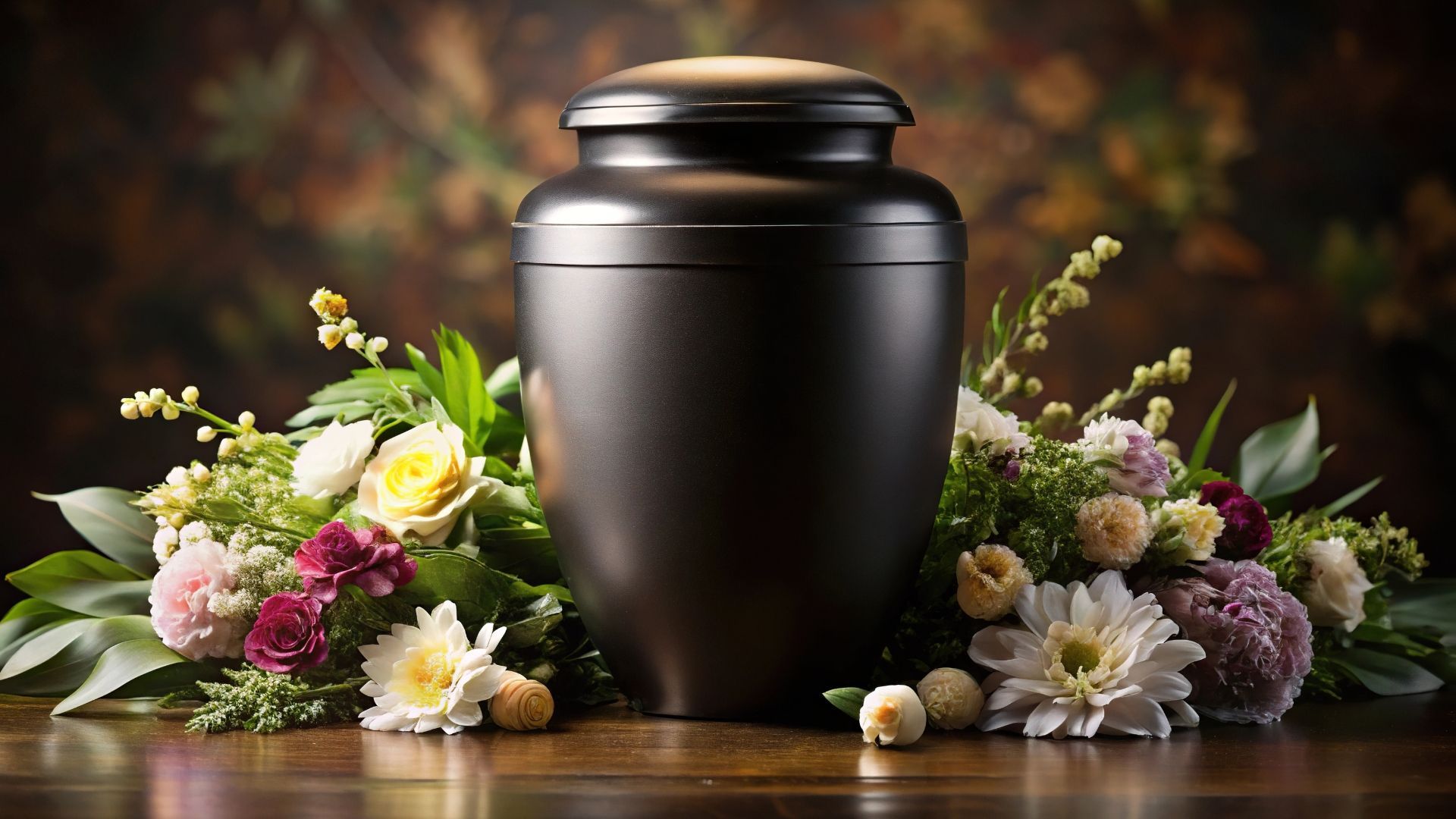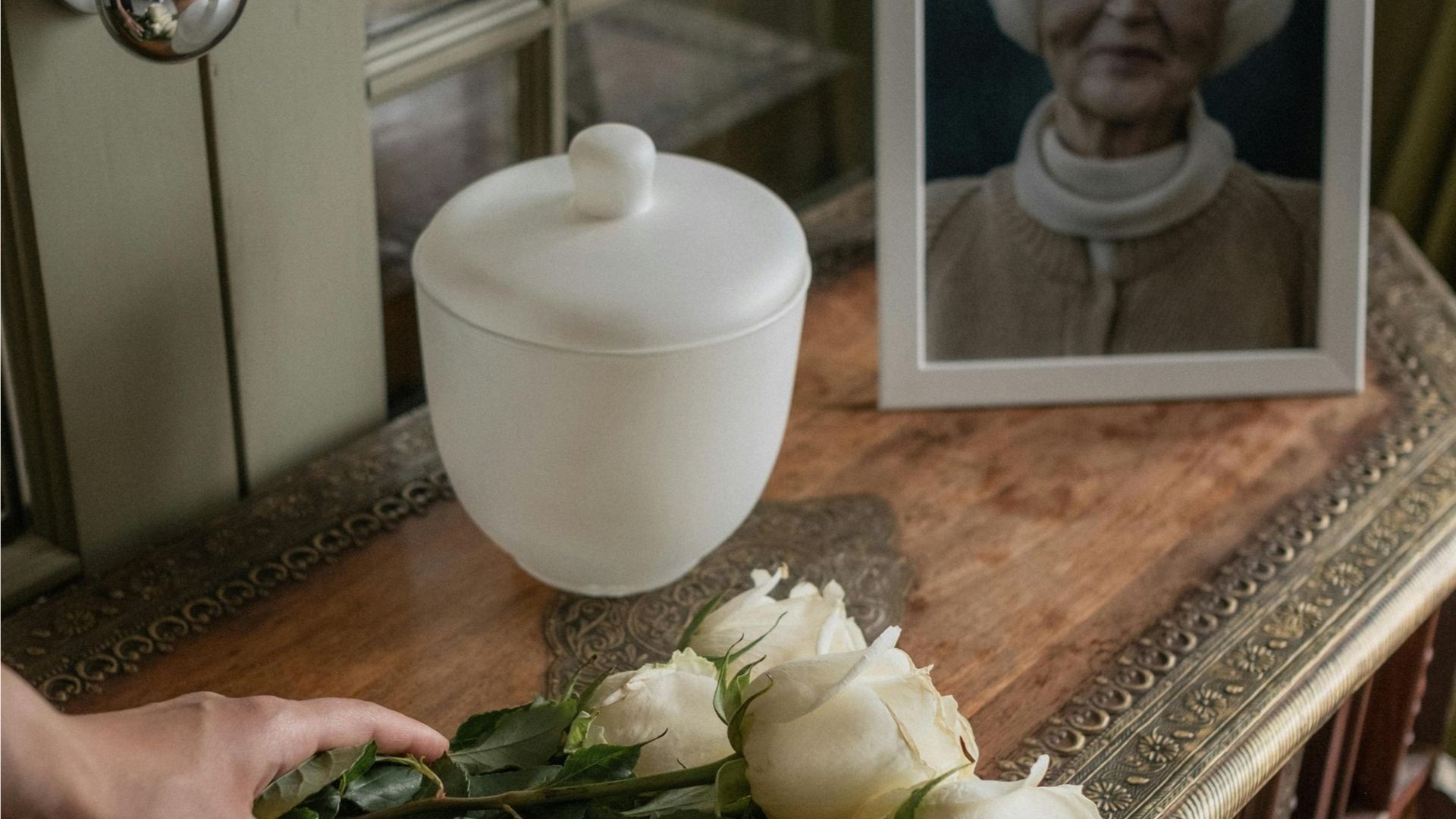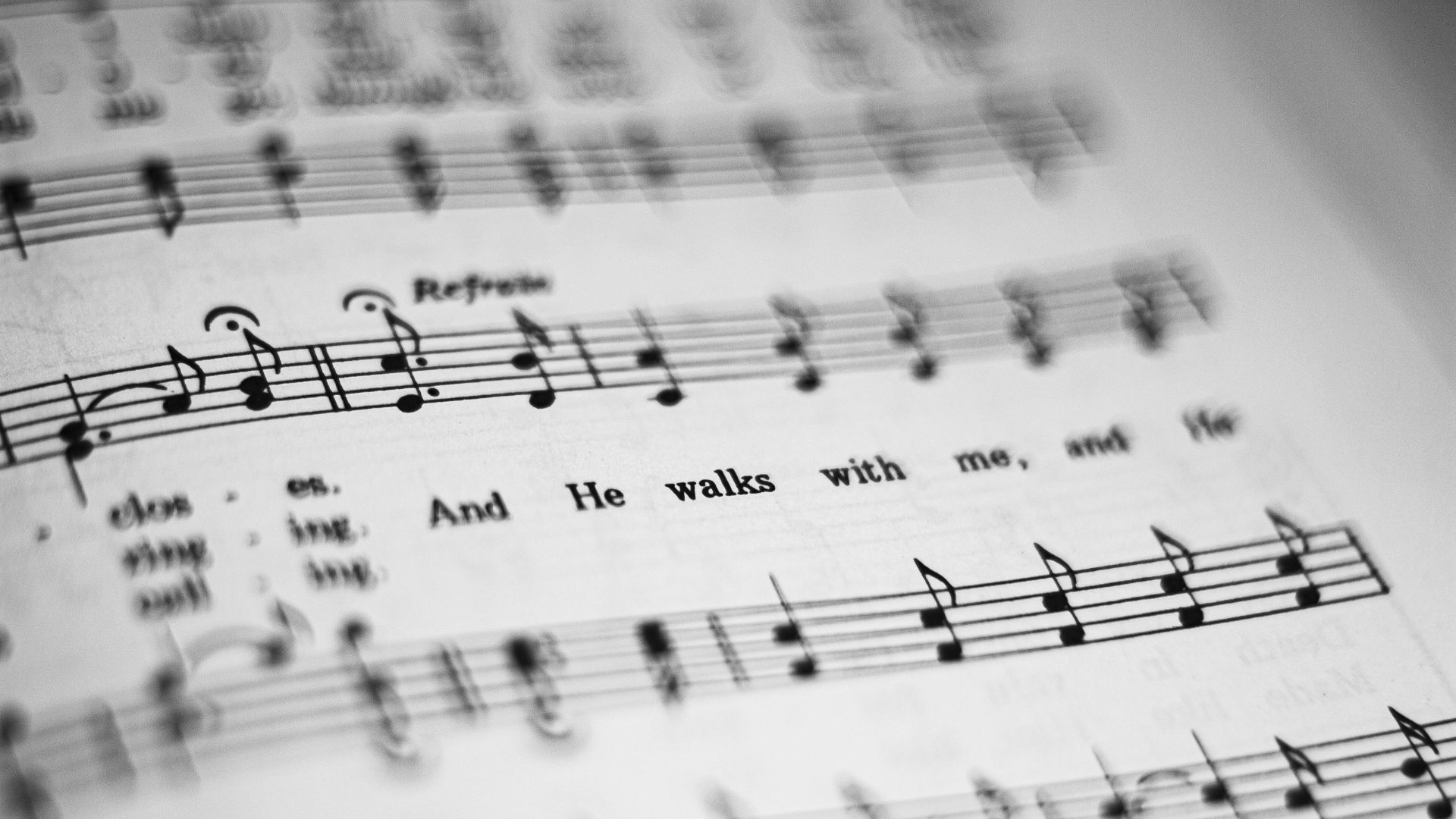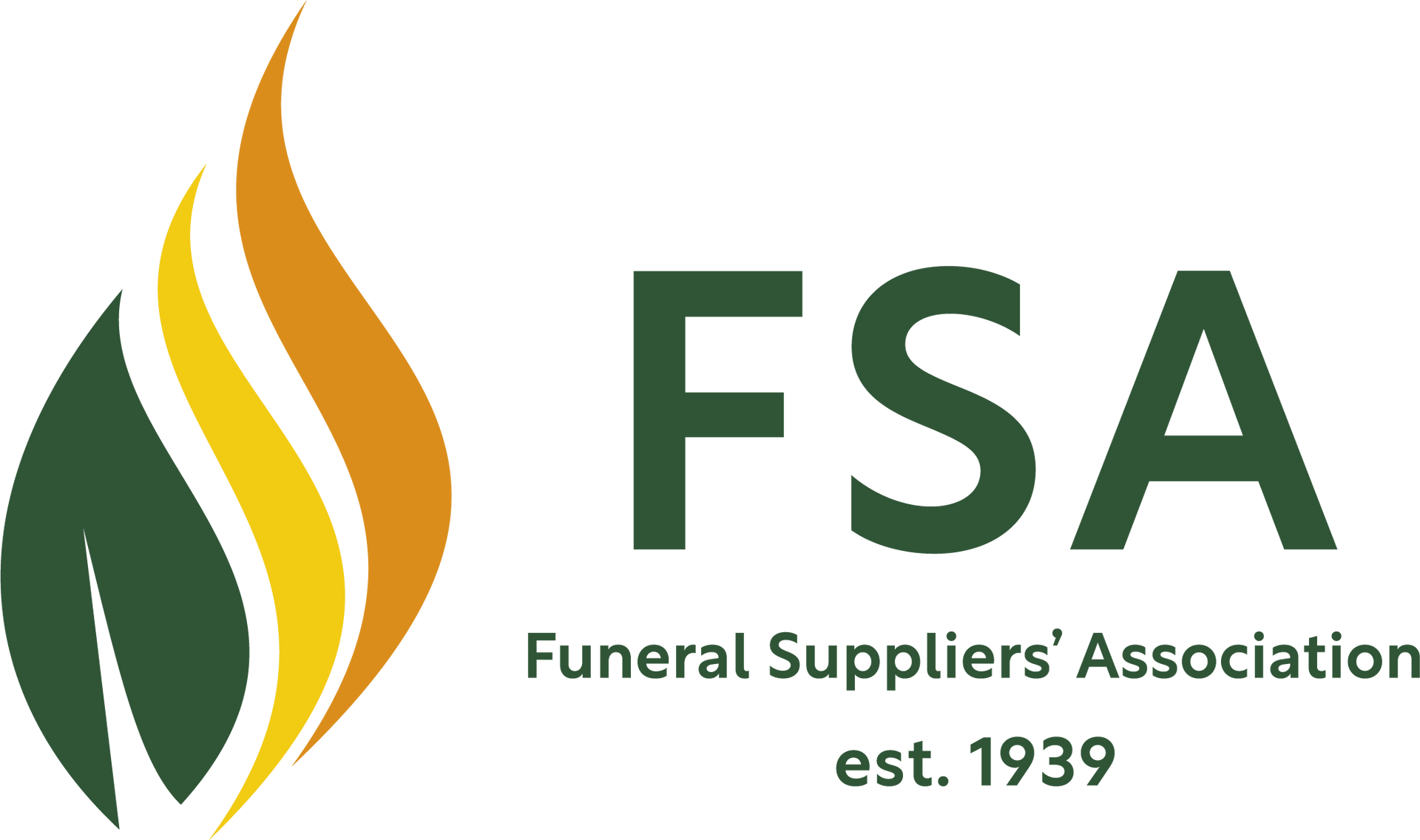How to register a death in the UK
When a person dies, you must register the death at the local register office. Find out more in our guide.
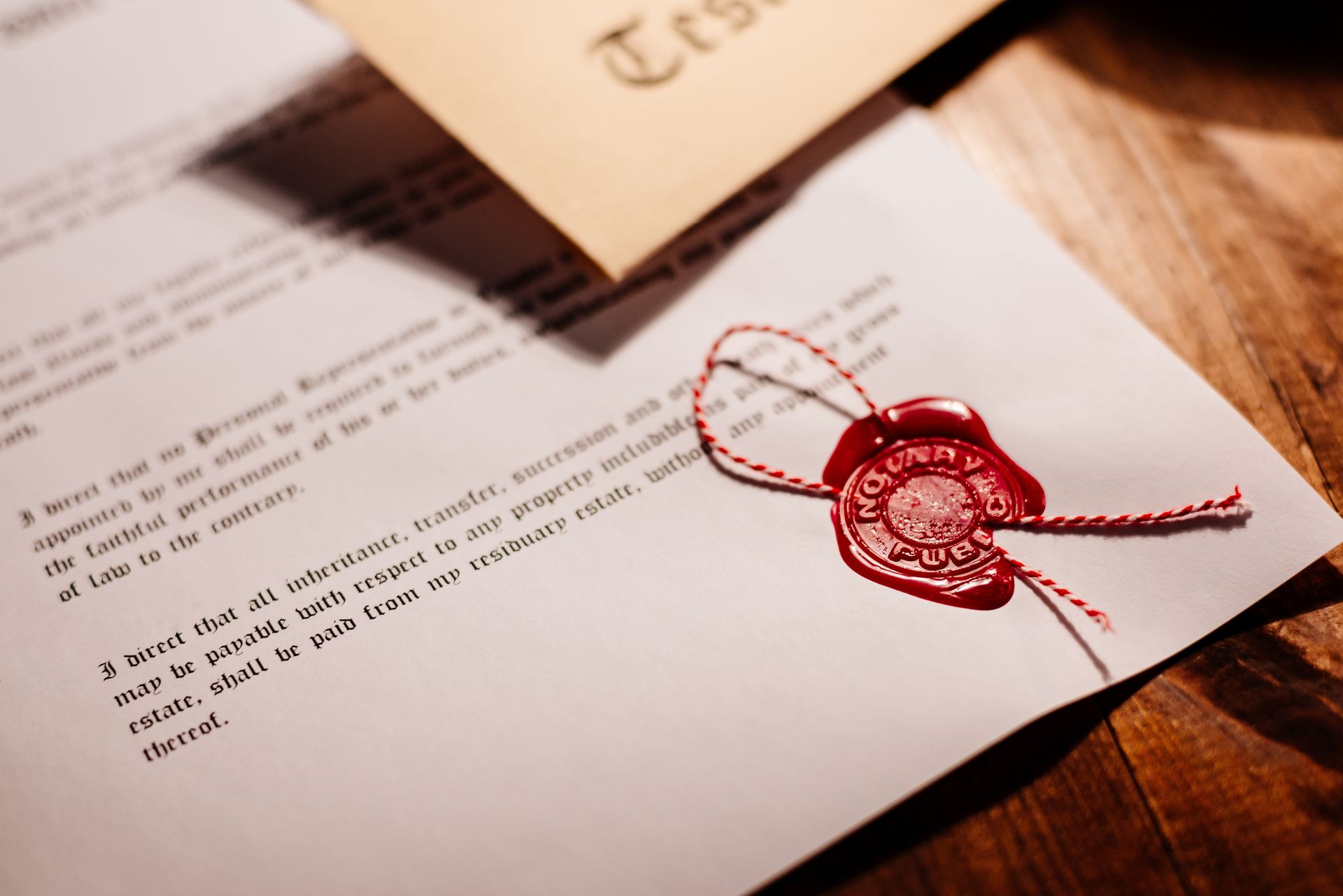
When a person dies, it's the responsibility of their family to register the death with the local council. This is a legal requirement and it must be done before you have the funeral.
It's natural to have other things on your mind when you're dealing with the death of a loved one. But registering a death is fairly quick and straightforward if you know what's involved.
In this guide, we show you how to register a death and answer some common questions about the process.
How do I register a death?
To register a death, you must make an appointment with the local register office to visit them in person. You should find contact details and the office address on the local council website.
When you contact the register office, they'll talk you through the process and let you know what they need from you.
The GOV.UK website also has a step-by-step tool that guides you through registering a death based on your answers to several questions.
When should I register the death?
By law, you must register a death within a certain amount of time. This period varies depending on where you're registering the death.
If the death occurred in England, Wales or Northern Ireland, you must register the death within five days. In Scotland, the time limit is eight days. This applies even on weekends and bank holidays and even if the register office is closed.
(Note: in England and Wales, the law around death registration has recently changed. Now, when a person dies, their cause of death must be signed off by a medical practitioner. What this means for you is that the five-day time limit starts from when you receive notification of the cause of death – not when the person dies.)
There are only two circumstances where the time limit can be extended. First, when a register office agrees to an extension. And second, when a death has been reported to a coroner.
Deaths are reported to a coroner when the person's passing is unexplained or unexpected. If this happens, the coroner will need time to investigate the cause of death. This means the death can't be registered until the coroner gives permission.
Where do I register the death?
It's best to register the death at the register office closest to where the person died. Depending on where the death happened, this might not be their usual council's register office.
Technically, you can register the death at any register office. However, this can mean waiting longer to get the paperwork you need for the funeral. If you use the local office, they can give you the necessary documents on the day you visit.
Who can register the death?
In most circumstances, a relative of the person who has died should register the death.
If the person had no relatives – or if relatives are unable to do it – then certain other people are allowed to register the death. These are:
- Someone who was there when the person died
- The person who's in charge of organising the funeral
- A hospital administrator (if the person died in hospital)
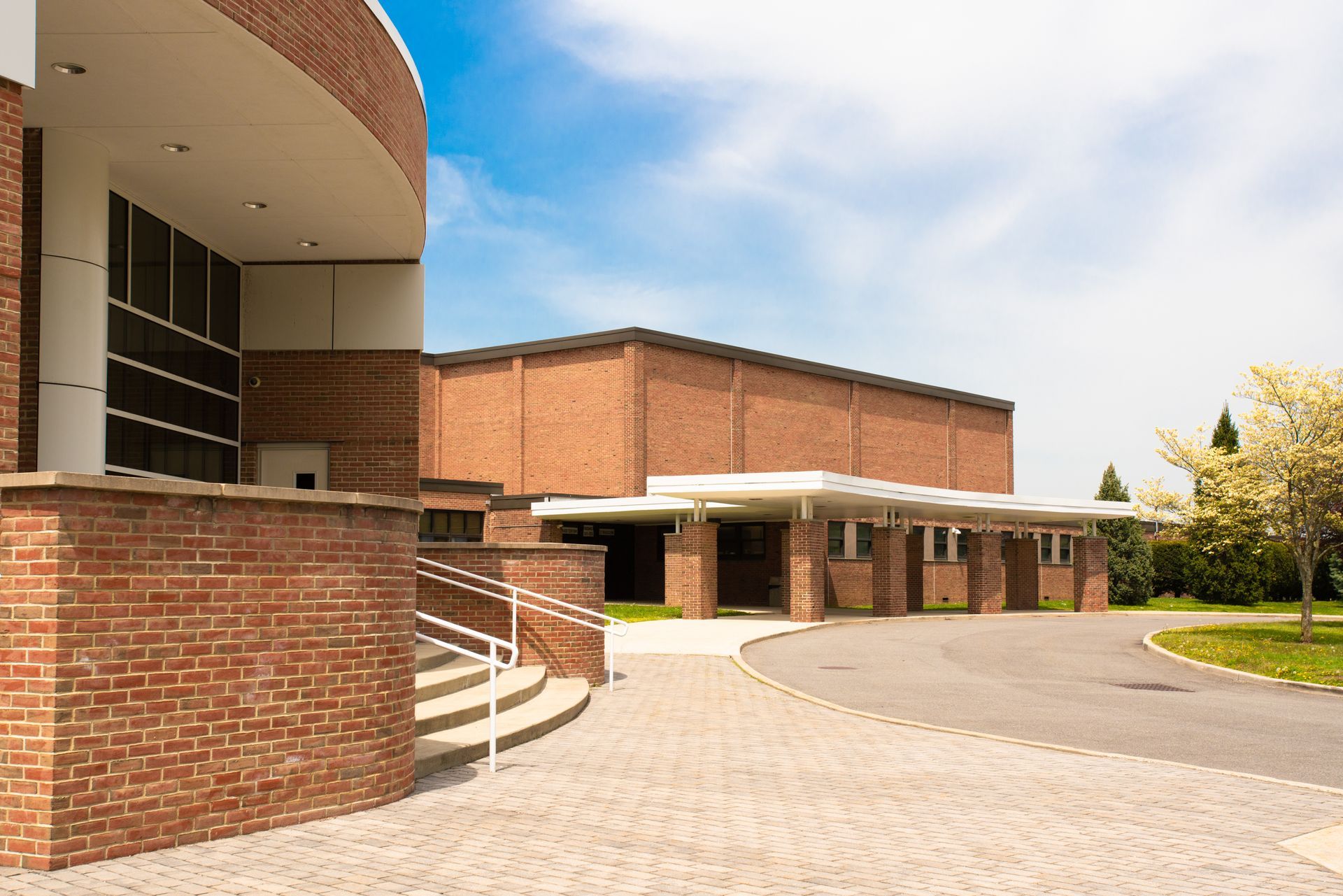
What documents do I need to register the death?
You might need to provide documents when you visit the register office. These can include:
- The person's birth certificate
- Their driving licence
- Their marriage or civil partnership certificate
- Their passport
- A council tax bill
- A proof of address, such as a utility bill
Don't worry about finding all these documents ahead of time. The register office will tell you what to bring when you call to make the appointment.
You should also be able to register the death, even if you can't find all the documents. Again, the register office can advise on the best course of action.
One document you'll always need is a medical certificate of cause of death. However, you shouldn't need to provide this yourself. The medical examiner who attends to the person who has died will send this directly to the register office on your behalf.
What information do I need to provide?
As well as providing the requested documents, you'll need to tell the registrar a few personal details about the person who has died. These include:
- The person's full name (at the time they died)
- Other names they might have used (such as a maiden name)
- Their most recent address
- Their date of birth
- The place they were born
- Their job (or their previous job if they were retired)
- Whether they received benefits, such as a state pension
If the person was married or in a civil partnership, you must also give their details. This applies whether the spouse or partner is alive or dead.
What happens when I register the death?
The person's death will be officially recorded in formal government records.
You'll also receive a document called a "Certificate for Burial or Cremation" (or "GR021" in Northern Ireland). This is commonly known as the "green form". It gives permission for the funeral to take place. You should pass this document to your funeral director.
If the person received a state pension or other benefits, you may also receive a form to pass on to the Department of Work and Pensions. This lets the department know about the death and instructs it to wrap up any pension or benefit arrangements.
Contrary to popular belief, you won't automatically receive a death certificate. These have to be paid for. At the time of writing, the costs are:
- In England and Wales, £12.50 for each copy
- In Scotland, £15 for the first copy and £10 for each additional copy
- In Northern Ireland, £15 for the first copy and £8 for each additional copy
A death certificate acts as formal notice that a death has been registered. You'll need to send a copy to the person's bank or building society, as well as any insurance or private pension providers.
Can I register the death online?
No. Depending on the council you're registering with, you might be able to make an appointment with the register office online. However, all deaths must be registered in person.
Treasured Moments creates beautiful, bespoke online memorial websites. For more help and advice, follow our blog.
*Treasured Moments tribute pages are designed to remain online in perpetuity. However, in certain circumstances, such as cessation of business and takedown requests, this may not be possible.
All Rights Reserved | Tresured Moments | Part of My Digital Hero Consulting LTD




